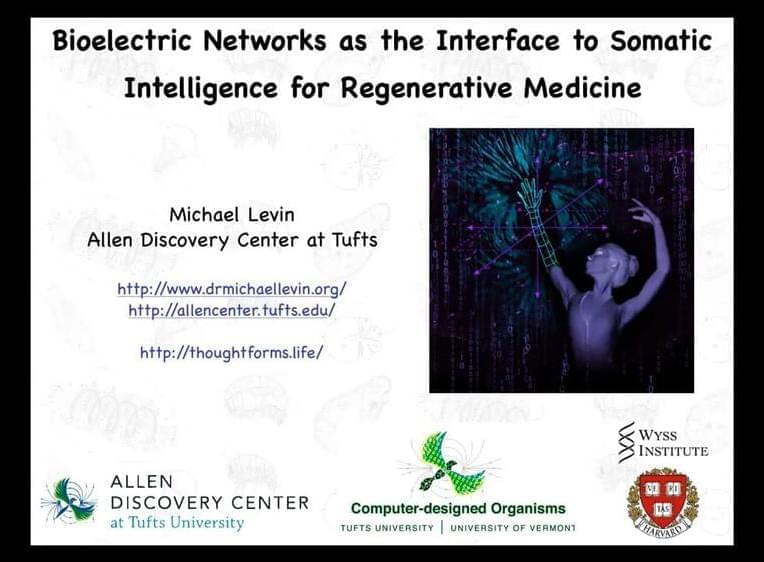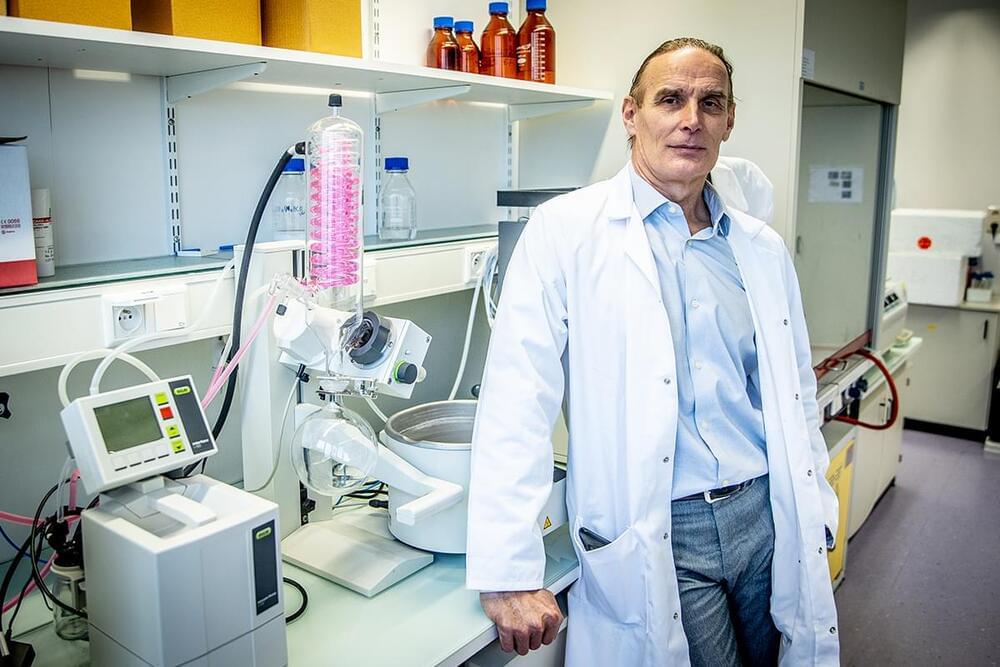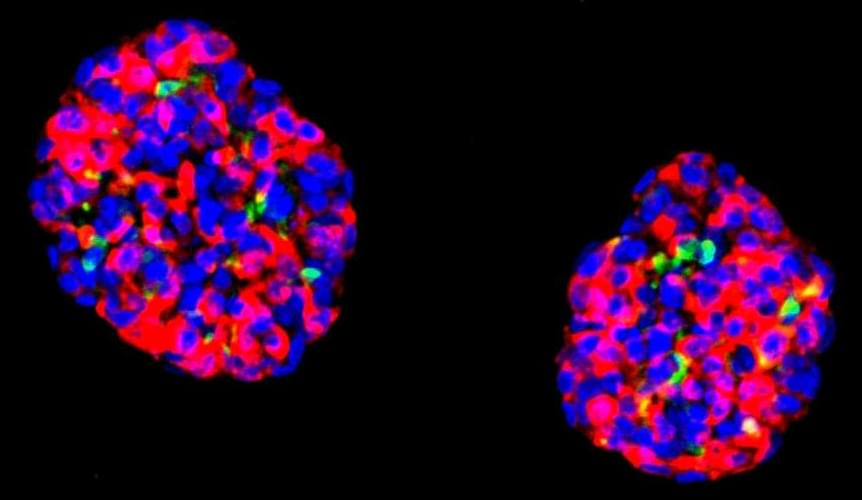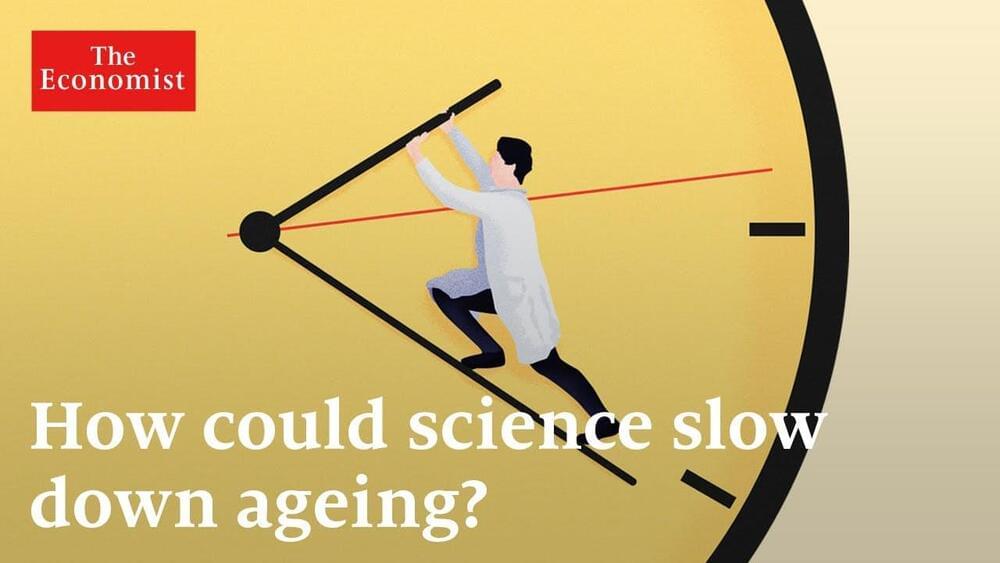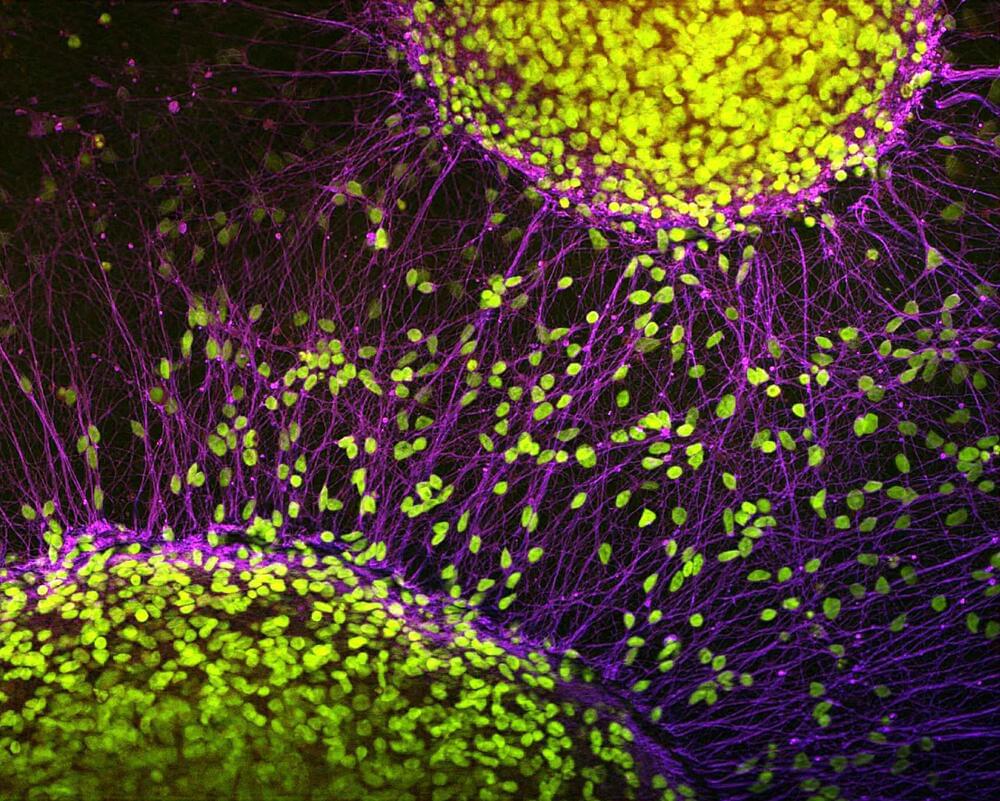Oct 2, 2023
11 Best Biological Age Tests for 2024
Posted by Rachel Burger in categories: biological, life extension
Do you use biological age tests to quantify your fitness goals? I updated this piece with the latest products (there are a ton) and found a few discount codes too.
Update 10/2/2023: This post has been updated since we originally published it. I evaluated additional top biological age tests for 2024, removed companies that are no longer offering tests, and updated the post to reflect the most recent pricing. The post has been cleaned up and links were made current.
According to TikTok, I’m either 46-years-old, 37-years-old, or 29-years-old. As a 34-year-old woman, that’s, ahem, less than ideal.

